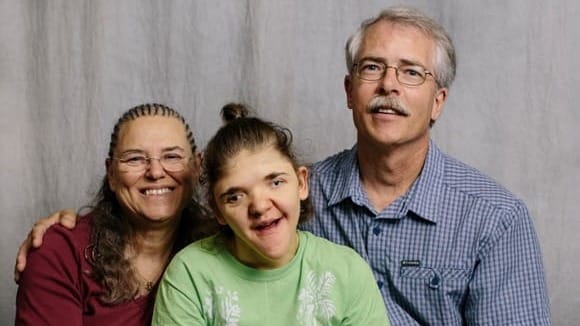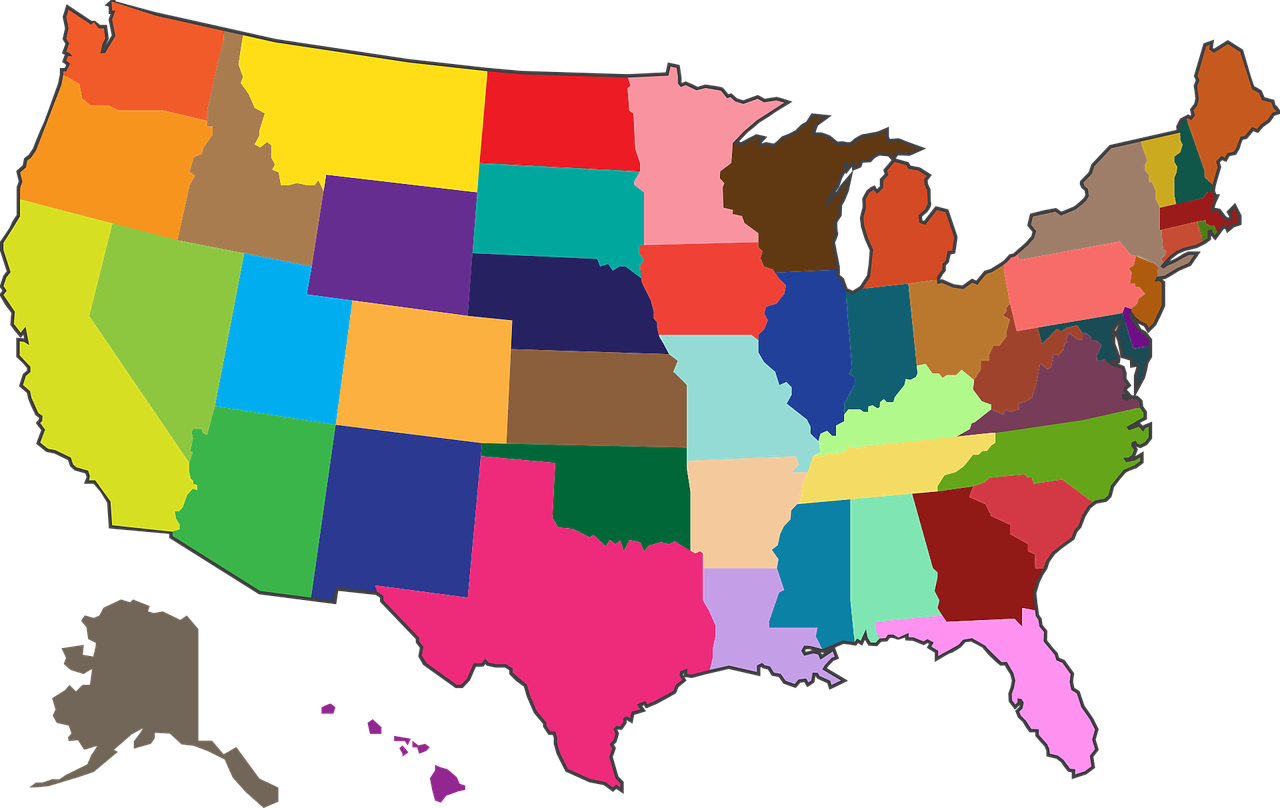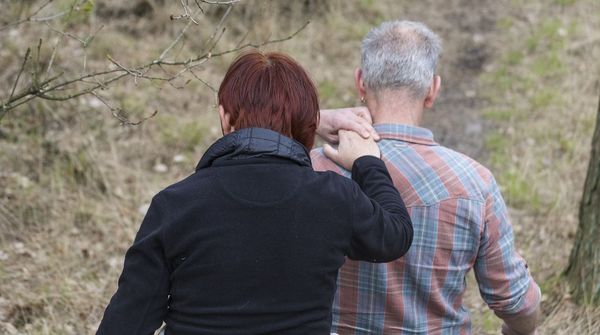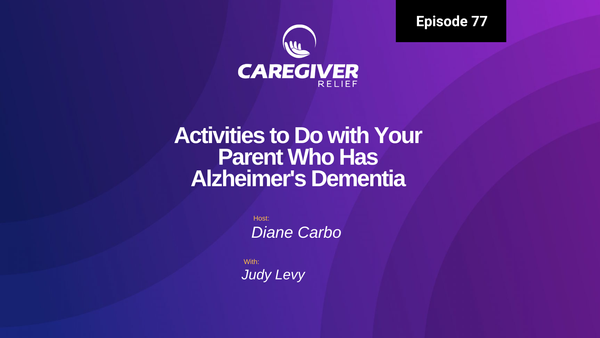Parents Share the Challenges They Face as Caregivers for a Disabled Child
Learn about one caregivers journey to provide care to their disabled daughter.

I have asked family caregivers to share the challenges and obstacles they face while providing care. Here is one mother's story.
Pauline writes about her caregiving journey.
Our daughter was born with severe and profound intellectual disability, visual impairment, cranial-synostosis (fused bi-coronal skull sutures), and other physical anomalies caused by a rare genetic mutation. She spent three months in a neonatal intensive care unit (NICU) in a Florida hospital. She required five surgeries to correct the physical anomalies by the time she was a year old. Both of her parents have post-graduate education at the Ph.D level. Her father is a college professor at a small teaching college, and her mother worked in a government consulting company in the field of environmental science.
Although our daughter started school at the age of three years, her mother was still not able to put in more than ten hours of professional work each week, between running the household, caring for a disabled child, and trying to carry on a professional career. As a result, she was laid off from her consulting job because she could not keep up with the time requirements despite her ten years of post-graduate education. Despite the parents paying for professional home caregivers, the stress was still so great that the mother had a mental break-down and was hospitalized temporarily on and off for a summer, during which time the father had to take over all the extra care-giving during times the professional caregivers were not on duty.
The loss of the mother’s income caused financial hardship for the family. Our daughter did not receive state assistance for a professional caregiver until she was 22 years old. This was only a year earlier than was scheduled by the Agency for Persons with Disabilities because the family applied for a medical crisis waiver since the mother developed Stage 4 colon cancer. Prior to receiving state assistance, the family had to pay $400 a week to a private professional care-giving agency so that the mother could be hospitalized for major surgery to remove cancer tumors. The workers sent by the care-giving agency were young women that were not always reliable, and at times failed to show up for scheduled work hours when the mother was in the hospital for surgery to treat stage 4 cancer. At such times, the family had to call on friends and neighbors to step in while the father visited his partner in the hospital. No extended family members lived in the state of Florida who could come to support the family during the medical crisis.

Response
Oh Pauline,
I am deeply moved by your family’s story and the extraordinary journey you have navigated with your daughter. The resilience and strength you have shown in the face of such profound challenges are truly inspiring.
The complexities and hardships that come with caring for a child with severe and profound disabilities are immense, and your family’s experience underscores the often-overwhelming nature of this journey. The initial months in the NICU, followed by numerous surgeries, undoubtedly brought significant emotional and physical strain. Yet, your commitment to your daughter’s well-being through these medical challenges is a testament to your profound love and dedication.
It’s particularly disheartening to hear about the professional sacrifices and the financial hardships your family has endured. The reality of balancing the demands of caregiving with professional responsibilities is a challenge that many families face, but few talk about. The situation that led to your wife being laid off, despite her high level of education and experience, highlights the systemic challenges and lack of support that caregivers often encounter.
The stress and emotional toll of these experiences, culminating in the serious health issues your wife faced, are heart-wrenching. It’s clear that your family has been through an incredibly difficult time, and the lack of reliable support from the caregiving agency only added to these challenges. It’s unfortunate that support from state assistance was not more readily available when your family needed it most.
Your story is a powerful reminder of the critical need for more comprehensive support systems for families with disabled members, both in terms of healthcare and caregiver support. The strength and resilience you have shown are remarkable, but no family should have to navigate such a challenging path alone.
Please know that your family’s story is important. It sheds light on the realities many face but often remain unseen. If there’s any support, information, or resources that might be of help to you and your family, please don't hesitate to reach out.
Your story is not unusual. Family caregivers struggle. We need to create a sense of volunteerism in this country. It is not possible for one person, or even 2 people to provide care 24/7. It is exhausting. When I started my site, 20 years ago, the statistics for family caregivers was grim. Fifty percent of family caregivers had become seriously ill or died because of the chronic stress and burden of caregiving. Today, that is at 63%. We have to do something. We need to advocate for policy change. Family caregivers are the single largest pillar of the long term care industry. They provide over $650 billion dollars of unpaid care. The consequences for those selflessly providing care is devastating.
Thank you for sharing your story. Please encourage others to share their stories with us. We need to make the public aware of the caregiver crisis in the US.
If you are reading this and have not signed the Caregiver Relief Family Caregiver and Direct Care Worker Petition please do so by clicking here
Oh, and your daughter has a beautiful smile. You must be so proud.
You might also like this article:















